Baby Formula: What to Look For, What to Avoid and When to Use It
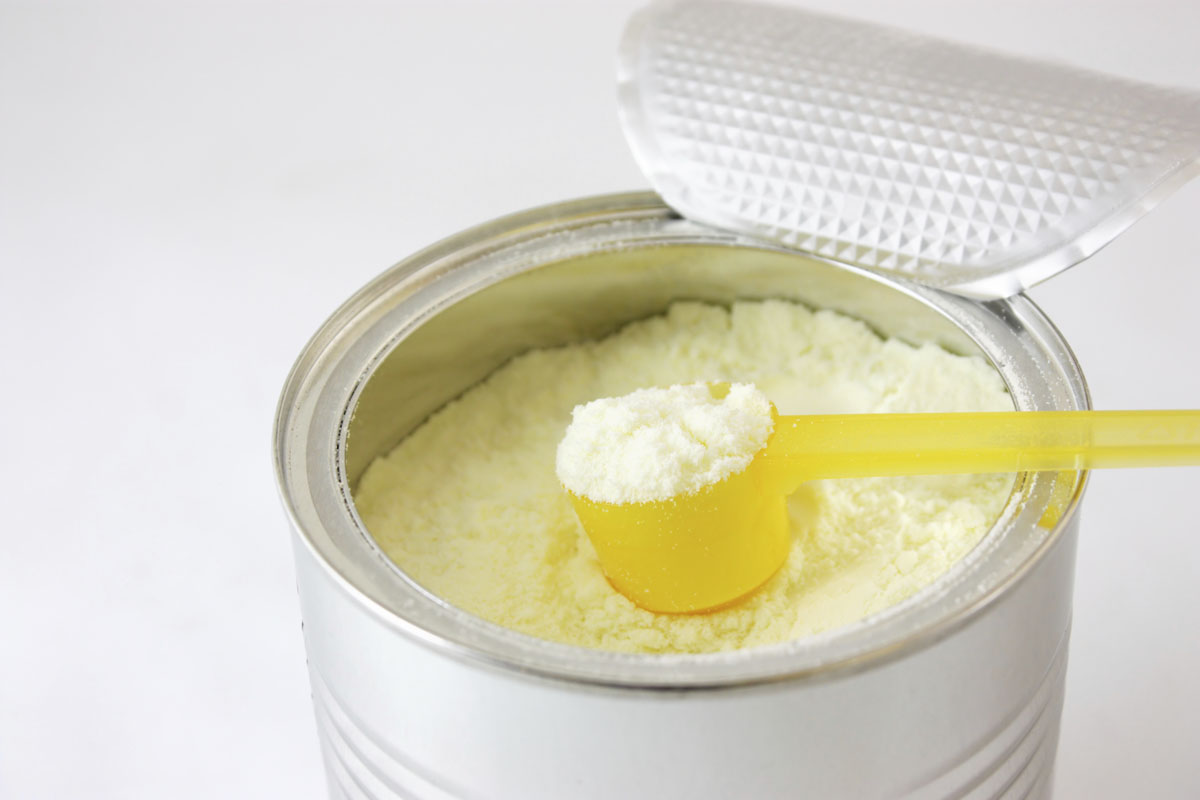
Breastfeeding provides a multitude of health benefits for both babies and their mothers, but not everybody is able (or wants) to breastfeed. Since our earliest caveperson days to now, breastfeeding has been a challenge to some mothers, for one reason or another. This is where a good baby formula can step in to help – unfortunately, good infant formula is extremely hard to come by. It’s a question I am asked so frequently that I thought it was time to take another dive into baby formula, what to look for and what to avoid.
Breastfeeding is easier for some, more than others. For some moms, even when they do everything they can with diet and lifestyle – it just doesn’t work, or not well enough to get the baby to latch, to manage the chapped nipples, and ultimately, meet their babies’ nutrition requirements.
We have always needed, and will always continue to need, an alternative. That’s a no-brainer. The last thing on earth I would ever want to do is shame anybody for not being able to (or choosing not to) breastfeed. Mom guilt is total nonsense and has no place in this conversation. I also don’t want anybody falling prey to the horrendous healthwashing orchestrated by companies like Nestle and Gerber when it comes to baby formula. Which is why this post exists. These companies want us to think that a chemical cocktail formula is better than what nature can provide, whether in the form of breastmilk or in the form of good quality baby formula.
Nestle, in particular, has been the target of a number of lawsuits in response to their formula’s health claims, and its marketing tactics have been linked to the deaths of millions of children in impoverished countries.
We’ve got a bit of a problem here, and it has nothing to do with the parents who are just trying to do their very best for their babies. It has to do with the enormous pile of crapola that goes into every ounce of conventional formula.
I was fortunate to be able to breastfeed our baby Finley for a long time. Finley was exclusively breastfed until he was 5-months-old at which time we began introducing food. At no time was it easy. I dealt with blocked ducts, bleeding nipples, latch problems, frequent feedings, all night snacking, and pumping for hours and hours. I was grateful to be able to breastfeed my son, but it also wasn’t one of the things I loved to do.
While I am by no means the ultimate expert on baby formula, my intention here is to offer you some things to consider when choosing a baby formula, and how you can pick the one that is best for you and your child.
Ingredients to Avoid in Baby Formula
First off, I’d like to acknowledge that some baby formula companies have upped their game, sourcing non-GMO ingredients and they’ve improved their packaging to exclude BPA, a known endocrine disruptor. However, there are still some things to look out for when it comes to baby formula:
- Partially Hydrolyzed Whey Protein: Whey protein comes from cow’s milk, which is one of the most common food allergies in children. Allergic reactions can include diarrhea, hives and swelling of the lips.
- Corn Maltodextrin: Corn maltodextrin is a cheap food additive often found in snack foods like chips and crackers. It may be sourced from GMO corn. And it’s also a sweetener.
- Soybean Oil: Soybean oil is cheap, which means it’s found in virtually all processed foods. Like corn, unless otherwise noted, it most likely comes from GMO sources. It’s a highly unstable oil, so food manufacturers partially hydrogenate it to raise the melting point and stabilize it so it won’t turn rancid. The result? An altered chemical structure and, in many cases, trans fats.
- Palm Oil: Research has shown that babies can’t properly digest palm oil – in fact, it reacts with calcium, causing the formation of “soaps” in the baby’s intestines, leading to hard stools and lowered bone mass. Palm oil is also an extremely unsustainable oil that is destroying animal habitats and the environment.
- High Oleic Safflower Oil or High Oleic Sunflower Oil: Safflower/sunflower oils are extremely common in packaged foods because they are very cheap. They are also highly processed with contaminants and are very high in pro-inflammatory omega-6 fatty acids. If these oils are harmful for adults, why would we feed them to babies just after birth?
- Mortierella Alpine Oil and Crypthecodinium Cohnii Oil: These are arachidonic acid (ARA) and docosahexaenoic acid (DHA), respectively, both of which are important for a baby’s growth and development. However, the forms of these in many brands of baby formula are synthetic and not the same as what you’d find in human breast milk. The benefits of these synthetics are not as clear as some formula companies would like you to believe, and in some cases they may even cause harm to babies like diarrhea, vomiting and gastrointestinal pain.
- Nanoparticles: A recent report found several brands of baby formula contained nanoparticles/nanomaterials, which are super small, engineered particles. The health impacts of nanoparticles have yet to be fully understood, and the studies at this point are mainly on animals, but the report’s authors maintain that nanoparticles can pose health risks including DNA damage, inflammation and impaired immune cell function.
- Aluminium: A study of 30 brands of baby formula in the UK found that they all contained dangerous amounts of aluminium, “at least twice that which is recommended in the European Union for drinking water”. The authors suggest aluminium in formula is not just limited to the UK, but is a global problem. Heavy metals like aluminium can increase our risk of neurological diseases.
What’s lurking in your baby formula will also depend on where you live in the world. Regulations vary – for example, in the United States the FDA does not approve infant formulas before they can be marketed to the public. The European Union typically has stricter standards.
Allergen-Friendly Formulas
For babies who can’t have baby formula made from animal milk, soy has become a popular alternative. Aside from the GMO concerns about soy, it contains high amounts of phytoestrogens, which mimic our production of estrogen in the body. Soy formula feeding may have long-term consequences including early onset puberty, menstrual irregularities and pain, and vaginal cell changes.
How to Choose a decent Baby Formula
You can’t throw a stick without hitting yet another article about the benefits of breastfeeding over formula feeding, but that doesn’t change the fact that if you can’t breastfeed, you can’t breastfeed. Here are some things to look out for:
- Organic Ingredients: While organic doesn’t always equal healthy, at least you know you are mainly getting ingredients that are non-GMO and likely fewer contaminants. Sometimes organic formulas contain almost the exact same ingredients as the conventional brands – just organic. Better? A little. You will still need to read labels on organic formulas for added sugars, palm/canola oil, etc.
- Whole Foods (as much as possible): Baby formulas need to have carbohydrates, fats, and protein for growth and development. Since newborns aren’t able to digest whole foods, to some degree all the ingredients in baby formula goes through some processing. When I talk about baby formula made from ‘whole foods’, I mean ingredients that aren’t synthetic.
- Goat Milk: Goat milk is more similar to human breastmilk than cow milk, so this can be an option for those who want to avoid conventional cow’s milk.
How To Further Support Nutrient Needs
It is true that breastmilk, in most cases, will be the perfect food for an infant up until they are ready to consume solid foods. If formula is the option you are choosing, then you’ll want to do your best to supplement your formula of choice with additional nutrients. For specific supplement doses and brands, please contact your primary natural healthcare practitioner.
- Probiotics: Babies will naturally receive a serious dose of probiotics when birthed through the vaginal canal and in breastmilk. Whether a baby is breastfed or not, a daily dose of infant probiotic will help support digestive and immune health.
- Vitamin D: Virtually every human on the planet will need Vitamin D support at one time or another. Most mothers are Vitamin D-deficient and very few babies are getting full sun exposure. Check with your natural healthcare practitioner for appropriate dosage and look for olive oil-based Vitamin D drops.
- DHA/ Vitamin A: Vitamin A is critical for immune health, growth and nervous system development. I recommend cod liver oil given through a straw once the child is on solids, and shows no sign of fish-related allergies. (Please avoid formulas that are ‘enriched’ with Vitamin A or DHA as these are often in synthetic forms that are less absorbable and could increase risk of reaction).
Other Tips to Make Baby Formula Safer and healthier
- Use filtered water: When mixing your formula, use the cleanest water you can find. Learn how to choose a great water filter here.
- Avoid the microwave: Heat your baby formula over low heat on the stove rather than using the microwave (especially since you don’t want to ever heat a plastic baby bottle).
- Don’t use formula for longer than you need to: Breastfeeding is recommended as the exclusive source of food up until 4 to 6 months, when parents can begin food introductions. Formula shouldn’t be much different. If you need to use baby formula, begin to wean your baby off it as you introduce them to a wide variety of whole foods. Many formula companies are now creating products for toddlers and beyond – this is unnecessary. If your child can eat food, they don’t need formula or dairy milk.
Alternatives to Baby Formula
If you’re really not interested in purchasing formula of any kind, what can you do instead?
Reach out to friends and relatives.
Know any awesome breastfeeding mamas who would be willing to share milk with you? For every woman with low supply issues, there’s another woman experiencing the exact opposite.
Connect with a local milk bank or milk-share group.
Even if you don’t have anyone in your immediate network who is willing to donate breastmilk, there are lots of organized groups designed to solve just that problem. If your baby is premature or hospitalized due to illness, you may be able to get pasteurized donor milk by prescription through a milk bank. But even if your baby is healthy, there are a variety of other networking groups available to help you find a donor, such as Human Milk 4 Human Babies. Just remember that in most cases, safety screenings will be up to you to arrange.
Making your own formula.
There are recipes out there for homemade baby formula, which may be right for you, depending on your comfort level. One such recipe was created by the Weston A. Price Foundation. I recommend discussing this option with your pediatrician or natural health care practitioner.
You may need to use baby formula if your situation depends on it. But you have the power to decide which formula you feed your baby. And don’t beat yourself up about it. Your baby will only be on formula for a short amount of their lifespan. What you feed your kid later is just as important, so you can load them up with nutritious foods as they get older.
I Didn’t Create The Problem
Since I first addressed this topic, long before I had a child of my own, there was a lot of animosity towards me and around this topic. Here is what you need to know, and everyone needs to know: It is absolutely a problem of economics. Those who can afford better formula can get better formula. Those who can’t, have to make do with what’s available in most supermarkets or given by doctors. I didn’t create this problem but it is a problem. Every mother on the planet should have the right to offer their baby the very best in nutrition. If you are feeling outraged by this basic inequality that can set a child’s health for life, then write to the companies making the garbage products. Implore them to do better. Make your own noise about it, because it is worthy of noise-making. It needs to change.
Reader Recommended Brands
I personally do not have experience in using ready-made formulas and though I can read ingredient labels, there is no substitute for the actual experience of caregivers and how their babies respond. Please review the comments below and see what other readers have recommended. You might also wish to join the Little Warriors Facebook group operated by two nutritionist colleagues of mine.
Did you struggle with breastfeeding? How did you decide on an alternative? Or do you know of an amazing ready-made option?
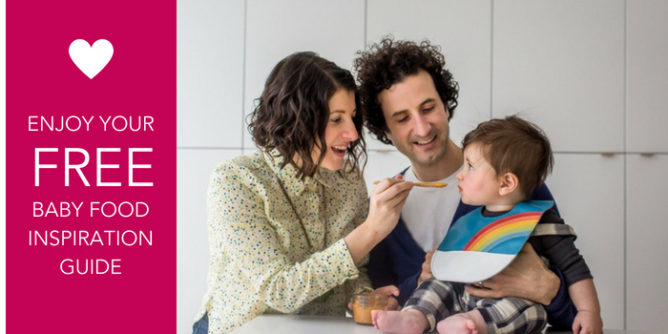
Fill out the form below to get your Baby Food Inspiration Guide.
Free Resource Library
Enjoy more than 40 downloadable guides, recipes, and resources.
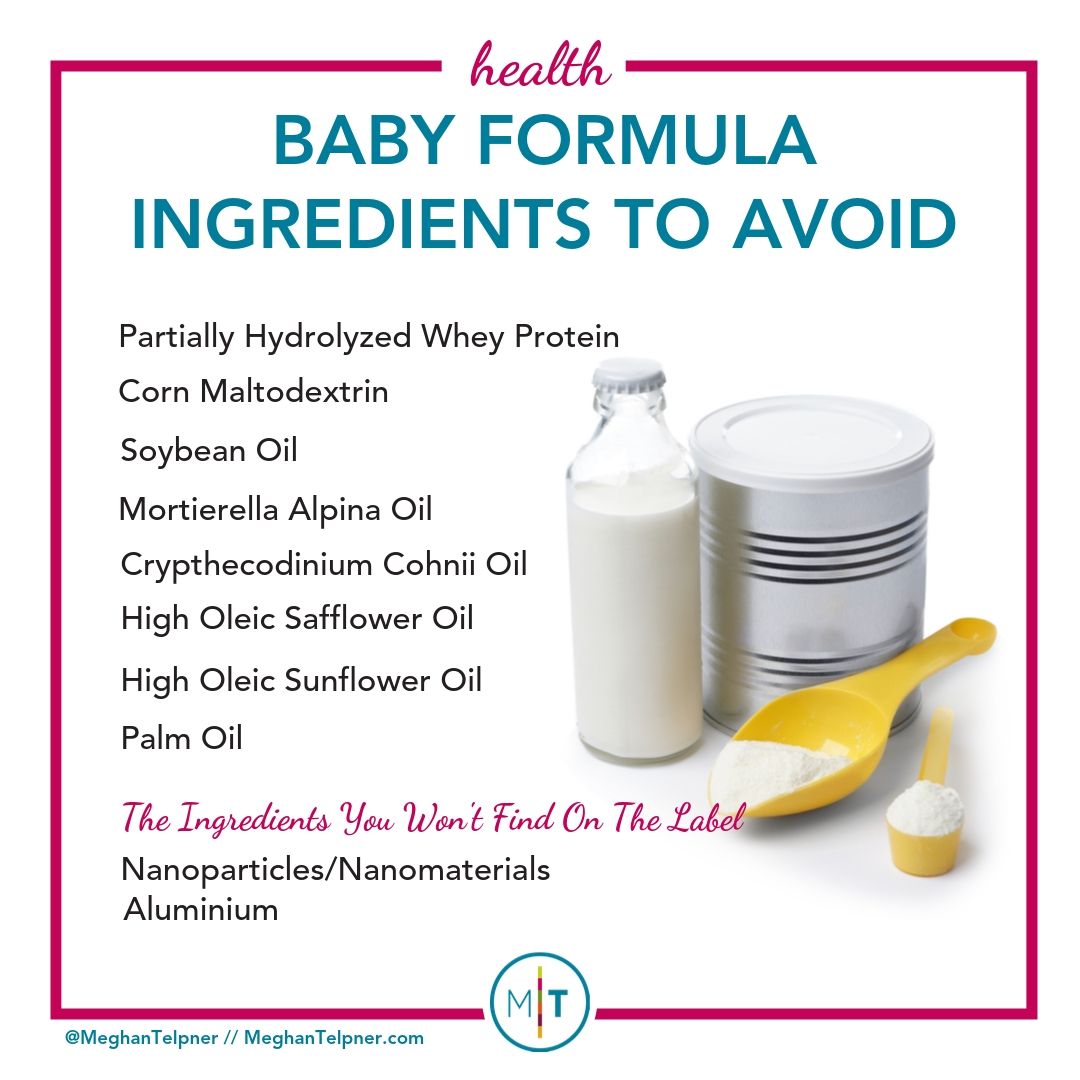
Free Resource Library
Enjoy more than 40 downloadable guides, recipes, and resources.


















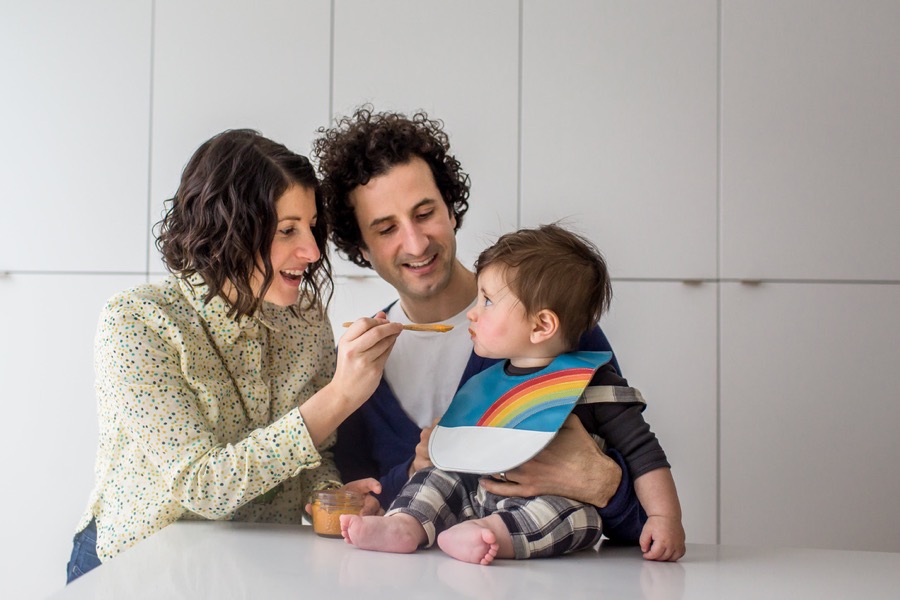

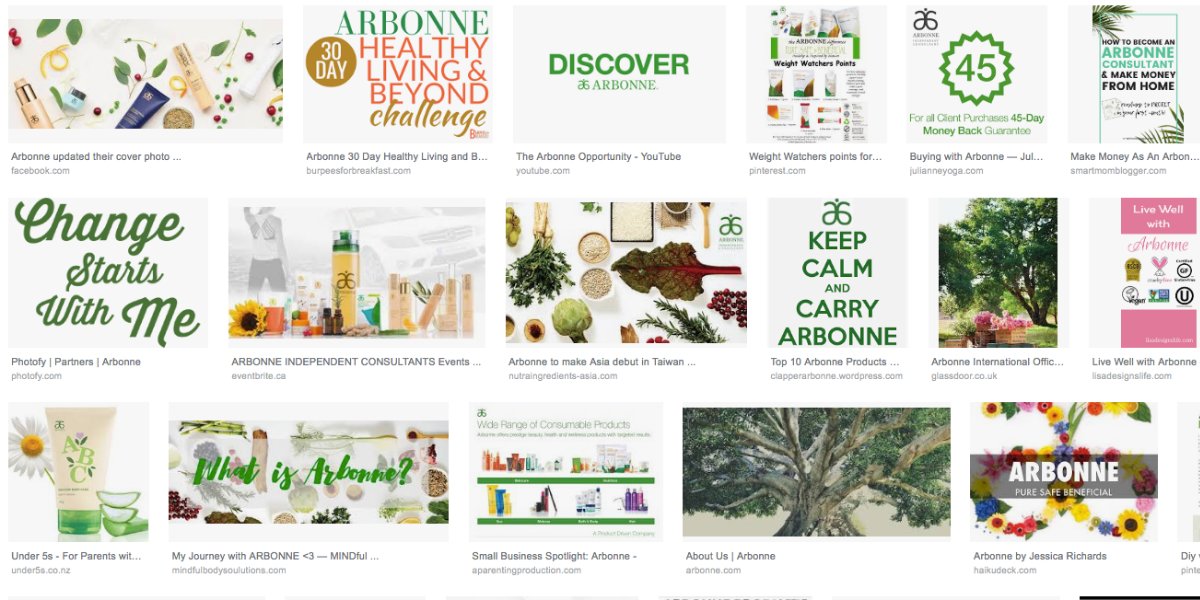
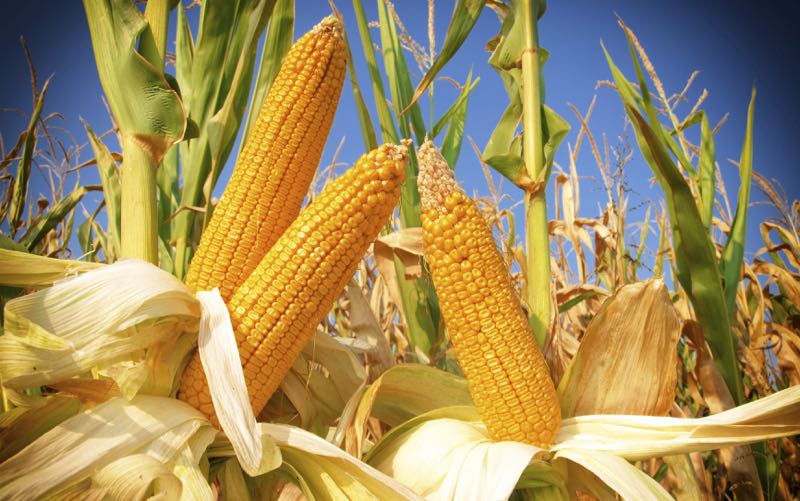

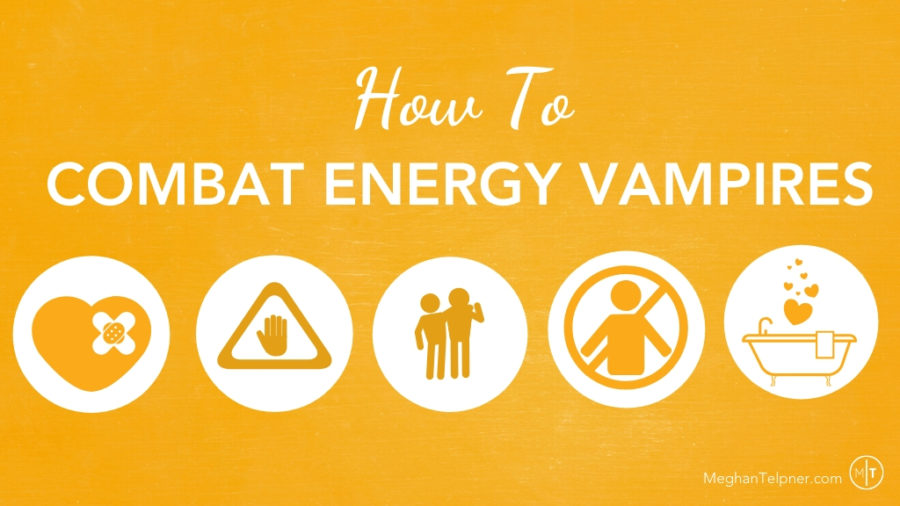
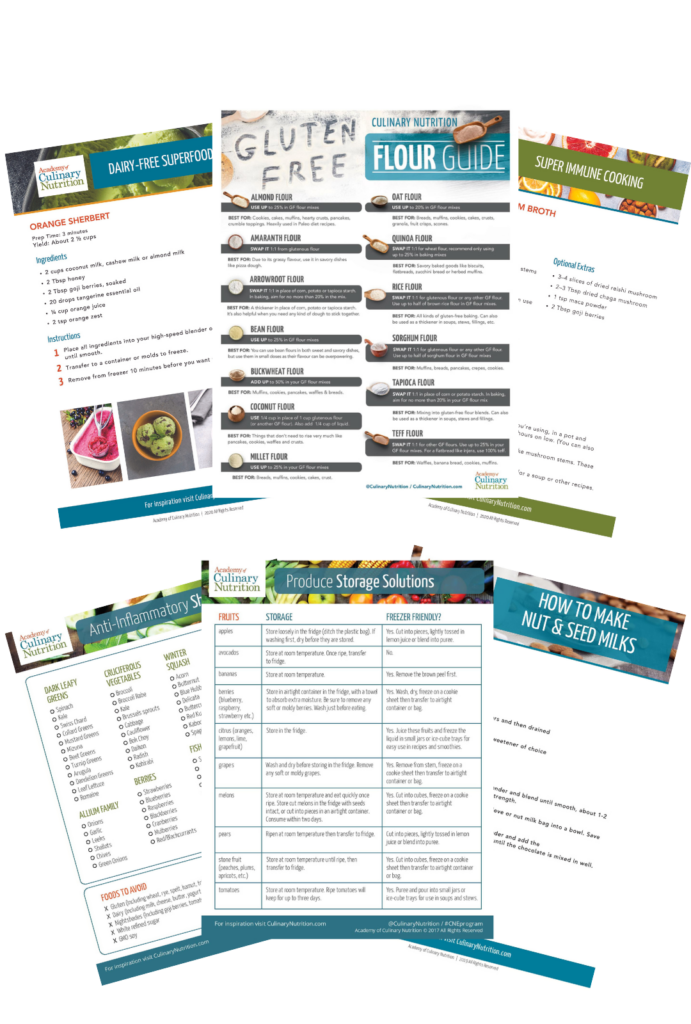
Hi Meghan,
Love this post! I am expecting our first child and hope to breast feed for as long as I can but understand that this will be very dependent on a number of factors. I was skeptical about the conventional options of formula and appreciate that you broke it down for us. Thanks for the great information!
Meghan,
I want to start by saying that you have offered a multitude of phenonmial advice when it comes to taking control of ones health. I think on this topic you may be way over your head! Before you offer up advice on what is best for baby and families you may want to consult a lactation consultant (someone with 100s of hours of training in the field of breast feeding). While yes, some women need to resort to supplementation, your article still highlights the myth that breast feeding has to be hard or is doomed to fail. I would strongly advise against suggesting that women try and create their own breast milk alternatives. You are treading into murky waters here friend.
Thanks for writing about this Meghan! I have been exclusively breastfeeding my 10.5 month old, and am now starting to think about what to transition her to at 1 year – do you have any advice? While I don’t plan on quitting completely at 1 year, I would like a little more flexibility and freedom. Unfortunately I am unable to pump extra to stock up. I don’t love the idea of giving her cow’s milk, and am considering goat’s milk from a local/organic farm nearby. I would love to hear your thoughts on this topic too! (our pediatrician says whole cow’s milk is a must starting at 1 year for vitamin D)
Thanks for all your amazing content!
xo,
Tina
Thank you Meghan for bringing the nutritional truth to the light about controversial topics!
I really want to have kids in the future and it’s great to know what my options are.
Thank you for this well researched piece. I love that you always add a section for what “to” do rather than just informing us how dangerous the ingredients of formula are. This really is a post every parent should read, thanks again.
This was the nicest worded article about breastfeeding/formula I’ve read. You have a really good way with words. I’ve been blessed with a good BFing relationship and my 5 month old is thriving. I hope never to have to supplement, but if I have to, thank you for clearing a few things up!
My daughter in law does breastfeed but insists on topping up with formula which is organic and i was impressed with the ingredients.
I am interested on what you had to say about sunflower oil. Is organic sunflower oil any better or is it best to stay away from them. I am still addicted to soya milk and have recently started using another brand which does have organic sunflower oil,i have noticed that my fibromyalgia has become worse than it has been in long time….perhaps a connection??? thank you for your valuable information Meghan. love Mary from Australiaxxx
Thank you thank you thank you for posting this!!! So many moms are so stuck on the idea that we HAVE to introduce formula!!!
This information is great!!!!!
Thank you for not condeming the mothers that do need to give their children formula. I’ve tried (and tried and tried) to breastfeed all 3 of my boys and no matter what I tried, I could not produce enough. After months of trying and a fussy, hungry baby each time, I HAD to supplement. I researched my tail off trying to find information on formulas because I was not comfortable with the ingredients of the main stream formulas. I felt like I was beating my head against a wall and couldn’t get anywhere with it because everything I read was condeming towards mothers who weren’t breastfeeding. Trust me, if I could have I absolutely would have. I tried so, so hard and all I kept hearing/reading was that I wasn’t trying hard enough. I am happy to say that I was finally able to find a good brand. Thank you for not being condeming in this post. Most people reading on this topic aren’t looking for reasons to breastfeed, those facts are everywhere; they’re looking for a good alternative and are wanting to educate themselves on what to look for.
Great, great post! I’m only 6 months pregnant but i’m already researching on this topic and so may others. I decided for cloth diapers, organic baby products (I myself only use organic) and natural fibers (when possible). We have healthcare concernes but we also have budgets and life restrictions so every decision needs to be very personal so I’m glad you considered that. In my case I’m ready to make my own formula if needed (but hoping for lot’s of breast milk on my shelf :))
As always, great article. As a new mom what I found most important wa s educating myself on HOW breastfeeding works, how much a baby really needs in those first few days, how to establish a good breastfeeding relationship by putting baby (not bottle or pacifier) to breast as MUCH as possible…knowing that the more you nurse/pump the more your body will make. Getting in touch with a certified lactation consultant is so important. As you said, sometimes there are reasons outside of our control that prevent us from breastfeeding but I have found that a lot of misinformation is what prevents a lot of moms from breastfeeding. Thanks again for the article!
ps: THIS: “And don’t beat yourself up — remember that what you feed your kid later is just as important.” is a great point.
Thank you for the information and the encouragement, Meghan! Trying EVERYTHING I possibly could and still not being able to breastfeed my daughter exclusively was probably one of the biggest disappointments I’ve lived through. I pumped as much as I could produce until she was 9 months old and supplemented the rest with Nature’s One Baby’s Only Organic formula to which I added an infant probiotic, cod liver oil and an egg yolk (starting at 5 months) from a pasture raised organic-ly fed chickens. I got a lot of info from the Weston Price Foundation website and a book Super Nutrition for Babies. What I learned from the experience of becoming a mom is that while you are pretty much doing cartwheels in an effort to figure out what is best for your baby, there will be a point where you might need to learn to let go of your own sky high expectations of yourself and accept a reasonable compromise. To me, it was finding that best alternative for the ready made formula, adding a few more important nutrients to it, and then focusing on starting my daughter off with the right solids, which, as you mentioned, is just as important. Thanks again for the encouraging words and for all of the inspiring and important work that you are doing to change the way we all eat!
Thank you for this information and for this reassurance. I will be having my baby soon and my biggest point of anxiety is in regards to the breast feeding/bottle feeding issue. I have read many books and blogs regarding this topic and have attended BF classes and although my whole plan is to try and breast feed, that plan may not work out, as we all know that in life sometimes that happens. With the amount of research I have done and classes I have attended, I’ve never heard someone mention the fact that “if you can’t BF, it’s ok, there are alternatives, and you’re still a good mother” until I came across your article. Thank you again:)
The very fact that there is a suggestion to speak to “your paediatrician or naturopath”–as though those two are at all equal–speaks to the falsehoods contained herein.
Love your website and this article. I am wondering if you have any contacts or you recommend any particular brand of formula. I am a breast cancer survivor and will be having a true “miracle” baby in about five months. I will not be able to breast feed and it is distressing that I can’t seem to find any brand that is decent. As you mentioned, even the organic kinds have bad stuff in them. I am in the U.S. if you or any moms have ideas, I would love to hear what has worked for others!P.S. Great article. I can’t believe that this is what hospitals use and recommend, too!
Another excellent post! It’s crazy how people attack those of us that point out how the major formula brands contain GMOs and other nasty ingredients when instead we should all be on the same side: the infant’s side. There are health options available ( organic, GM free) for those that can’t breastfeed, and they should be considered over using these potentially immune damaging, mass produced formulas.
one thing I’d change, although I understand why Meghan chose the language she did, would be the ‘benefits’ of breast milk. breast milk doesn’t have benefits, formula has risks. it’s a scary word, risk. but it’s a risk, even if it’s a necessary one. Thank you for this article.
Yes insightful. What I am finding frustrating is there is a lot of research and information to find however I can’t find any store/market in Toronto or Canada the sells the good stuff (organic formula that contains no bad stuff). The only thing i have found is Earths Best everywhere, however that has some bad ingredients. Yes there is kijii but i don’t know how reputable the seller would be. Please help!
Yes! I need formula in Toronto stat. My baby is starting week 3 of life and after help from 5 experts, we’re needing to supplement. I’ve had to use whatever I can find here but the ingredients!!! Where can I get Holle or something else reasonable?? Please help!!
Hello Meghan,
I am totally accepting of breast feeding and understand the benefits of it. Besides being highly nutritious and well balanced in nutrients, natural antibodies for immune system building, reduced allergies, cost effective, creates positive mental and emotional as well as physical development etc. The list goes on. However, supplemental formula feeds for mothers who cannot breast feed is not ideal. As a nurse, midwife, mother and holistic nutritionist (student) I have observed the ill effects on babies with formula feeds.
Mothers can prepare their own milk at home which will be free from all unnatural and unhealthy additives and preservatives. Organic oats and even almond nuts can be soaked over night even allowed to sprout (almonds) and then blended in cool boiled water and the milk strained and used for feeding. This can be refrigerated and even frozen for later use. After working in the Caribbean and in the UK this has proven successful and beneficial to babies where breast feeding was not an option. Natural and simple always best.
If you are looking to get your formula quick and at a great price, I recommended udderlyorganics.com . They also sell Hipp & Lebenswert. As well as cereals, teas and biscuits. They are the original Holle sellers in the USA. You receive your products within 1 to 3 days and amazing customer service.
After being terrified at being forced to give my son formula when he was 5 months old due to my extreme drop in milk production I searched and found Natural Baby Organics, they are located in CA I believe and my formula always arrives within a few days and the owner is super friendly and responds to all my questions super fast.
Any moms in the U.S. should def check them out http://www.naturalbabyorganics.com
Hello
I completely disagree with the fact formula fed babies are more open to
Lung infections
Ear infections
Chronic diseases
Lower intelligence
Allergies
Asthma
Heart disease
Obesity
Diarrhea
Diabetes
I have a 12 year breastfed only for 1 month then he was on formula. He has never had an ear infection nor has he ever gotten really sick, no asthma no allergies. And he is on the honor roll and highly intellectual. Even though he is in grade 6 he studies at a grade 9 level. And now I have a 7 month old and only breastfed for 3 days and been on formula ever since. Abd not once has he gotten sick/infections. My problem with breast milk is that it’s only as good as the stuff the mom eats. And realistically everything we eat has preservatives, and be truthfull how many moms can actually say they only eat organic veggies and fruits? No pop no coffee? I chose to put my kids on formula because and I have never had an issue. I admit my eating habits are not that great.. I love my coffee. Therefore after I give them the colostrum in the beginning I put them on formula :)
Much to my sadness, I have not been able to provide enough milk for my daughter since Day 3. I was able to get donor milk from a dear network of friends…in fact she’s had 5 women’s milk, one of whom I’ve never met! But a baby’s milk needs are high so we had to give her formula. I prioritized it being organic because it is so hard to find a formula that is available easily/affordable in Canada that is totally clean. We’ve settled on Earth’s Best which is good but not great. I have a box of Hipp at home to try as well. I give the formula via a tube at the breast so that she can get any drops of milk I do have and for the bonding…the best of both worlds. To any moms struggling with breastfeeding, I hope you can get help and then shake off any guilt you feel. You know your baby best!
Similarly to Marilena and Andrea, I am at a loss as to where to find the better of the formula alternatives in Canada. I am due any day and have the Earth’s Best organic formula as a back up (in case I cannot feed in the hospital and am forced to give formula – I do not want to have to use what they provide), but have had such difficulty trying to find/access any of the cleaner formulas.
Hello :)
I experienced the same shock when I read the baby formula ingredients and I knew that my baby should not eat it. After a lot of research and recommendations, the choice fell on Hipp, Holle, and Lebenswert. It has been developed according to strict regulations, respecting quality standards and fully adapted to baby needs. Our baby is satisfied, and we are happy. I can not describe how satisfied I am and I’m happy to recommend to everyone.
Hi Meghan, thank you for this article! Were you aware that the formula you break down here (Nestle Good Start) they are claiming their ingredients are from non GMO sources? With no 3rd party claim on the label. Just good ol’ Nestle’s word. Ahem. I have no idea how to research if this is true or bullshiz….do you think you have it in you to investigate? Do a follow-up article?
With my twins I breastfed until 5 months and then had to supplement, so made Weston A. Price’s MEAT formula. LOL. As well as imported Holle as a stop-gap (aaaand friggin pumped at 8pm evvvery night to keep my own supply up)…and now I’m trying to convince my friend to invest in a similar strategy. She’s using the formula you outline here! So the GMO argument is not going to work on her because it’s “on the label”.
Love your work. Thanks for all you do! <3
Also – for moms out there looking for those European formula, we bought ours in a case-lot from Europe from organicbabyfood24.com. You can invest in trying the formulas first from a Canadian importer, just to see how baby does, and then import your own for much less. We landed on Holle Goat Milk (first ingredient was WHOLE milk from pastured goats, already a vast improvement on what we have here), it worked out to be half the price to import a case than buy in Canada. We just had to fork out $900 up-front. But. Worth it in my eyes. That’s what credit cards were made for. Amiright? Love to all you mamas out there struggling with boobs and bottles!
I struggled to breastfeed while in the hospital and it took two days for a lactation expert to see me and help my baby latch properly. The damage was already done to my nipples, but they gave me a pump and that helped a lot. My aunt brought me a very intense green smoothie from her wild garden and I’m convinced that also played a part in the record breaking amount of colustrum I was pumping out; 3/4 of a bottle on my second day. Breastfeeding wasn’t a walk in the park, but it was convenient, it was also messy and painful on several occasions. I breastfed for 2.5years but started supplementing with foods around 5mths. His first food was avocado and eventually I made my own hemp and almond milk too. I tried to donate milk since I always had an abundance but the entire process seemed so overwhelming which I thought was very unfortunate. I would have gladly helped out other moms. My kid has never had a glass of cows milk until this day, he just turned 6 and hasn’t had any meds or ear infections or tooth decay. But we’ve only ate organic and we don’t use sugar, and although I’m well aware of Weston Price, we’ve only consumed eggs from the farm, grass-fed butter and wild fish, organic goat cheese and occasionally plain yogurt. So no meat, no bone broth and no cheese for him and he’s been a strong baby and continues to be a stronger kid than all his peers.
So glad to find your site! I was diagnosed with insufficient glandular tissue when my oldest was 1 month of age. I am only able to pl roduce up to 16 oz a day, most days 10-14. With my oldest, she was supplemented with store bought formulas. With my youngest, 5 months tomorrow; I prepared myself while pregnant because I knew what I’d be faced with. I researched and researched, I found a great formula kit from Mt. Capra. They use goat milk and I make it at home. My baby is about 50% breastmilk, and growing well, at her 4 month check up, she was 15 lbs; 8.2 at birth. I wasn’t aware of su flower oil and that happens to be an ingredient in the formula I make. What is a better switch for that? Thank you!
This one is one of the best articles I have ever read regarding baby formulas. Thank you very much for sharing this kind of article with us and I’m looking forward to reading more such articles in the future as well.
hi,
I have a 6 month old girl and it’s time to change to powdered milk .
I have tried a couple of types but at the moment the only one which she may drink is goats milk dg-1 from new zealand because it’s a bit sweeter but she still doesn’t really like it . Please Suggest me which one formula will be better for her.
I honestly don’t know of any formulas that meet all of these guidelines. It’s so hard to find the best option! It seems that if you’re avoiding corn syrup you have to choose either palm or non gmo soy oil! There just isn’t a good fat source found in any ready made formula which is such a shame. That being said, it’s important to remember that this is just a moment in time and we can feed our babies and older kiddos the best of the best to make up for it all!
All these ingredients are even advisable to excessive eaten by an elder, we surely get it how harmful it must be for kids to consume it. it is way better to consider non-gmo, corn syrup free balanced and nutritious organic formula for our kids.
Looks like you have listed all the ingredients. There are no formula wothout these ingredients (at least in Australia)
Hi Megan, thanks for a broad article on infant feeding. You write that Mortierella Alpine and Crypthecodinium Cohnii oil
(1) are containing DHA and ARA in forms that are “not the same as you’d find in human breast milk”. Can you explain in what way DHA and ARA in formula are different than those in mother’s milk?
(2) you write that these oils are causing adverse events and are harmful to infants. Your source is a “Cornucopia Institute” a charitable organization for farmers. The piece you are referring to does not contain any scientific reference that supports the claim on these harmful events. >> Could you please provide a reference/ case report / clinical study etc. in which the safety (or lack thereof) is documented clinically and comes from an established source in the medical field? That would be much appreciated and remove my concerns.
Thank you.
Very good article. This is very important to me as an expectant mother. I don’t know what kind of feeding our baby will be on yet, but I’m exploring all the options. My sister has been feeding her baby hipp dutch stage 1 since birth https://thebestfromjapan.com/hipp-dutch-stage-1-organic-bio-combiotic-infant-milk-formula-with-dha-800g what their pediatrician prescribed. I have carefully studied the composition of the formula. And I see that it contains a lot of nutrients. And it can be a worthy alternative to breast milk.